The BBC has issued a personal apology to President Trump over a misleading edit of his January 6, 2021, speech in a documentary broadcast on its Panorama series. The apology comes after Trump's legal team threatened a $1 billion defamation lawsuit unless the BBC retracts the program, apologizes, and pays for causing him to "suffer overwhelming financial and reputational harm."
In a statement, BBC Chair Richard Sharp said the corporation acknowledges that the edit was misleading and has apologized for any offense caused. However, the BBC has firmly rejected the demand for compensation, stating that it will not provide any financial settlement to Trump. Sharp emphasized that the BBC's editorial independence is essential to its role as a public broadcaster and that it will not be intimidated by threats of litigation.
The controversy began when a documentary broadcast on the BBC's Panorama series edited a clip of Trump's speech to make it appear as though he had said something he did not. The edit was widely criticized, and Trump's legal team subsequently issued a letter to the White House demanding that the BBC retract the program, apologize, and pay compensation.
The BBC has maintained that the edit was an honest mistake and that it has taken steps to ensure that such an error does not happen again in the future. However, the corporation has also acknowledged that the edit was misleading and has apologized for any offense caused.
The incident has raised questions about the role of public broadcasters in reporting on sensitive and contentious issues. The BBC's decision to reject the demand for compensation has been seen by some as a principled stand in defense of editorial independence, while others have criticized the corporation for being too quick to apologize and not doing enough to address the concerns of those who were offended by the edit.
The BBC has stated that it will continue to report on sensitive and contentious issues, including those related to politics and public policy. The corporation has also emphasized its commitment to accuracy and fairness in its reporting and has taken steps to ensure that such an error does not happen again in the future.
The incident is likely to have implications for the way that public broadcasters report on sensitive and contentious issues in the future. It also raises questions about the role of social media and other online platforms in shaping public discourse and the impact of misinformation on public opinion.
In a statement, Trump's personal attorney, Alina Habba, said that the BBC's apology was insufficient and that the corporation's refusal to provide compensation was a "clear indication" that it was not taking the issue seriously. Habba emphasized that Trump's legal team would continue to pursue the matter and seek compensation for the harm caused by the misleading edit.
The BBC's decision to reject the demand for compensation has been welcomed by some as a principled stand in defense of editorial independence. However, others have criticized the corporation for being too quick to apologize and not doing enough to address the concerns of those who were offended by the edit.
The incident is a reminder of the importance of accuracy and fairness in reporting and the need for public broadcasters to be transparent and accountable in their reporting. It also highlights the challenges faced by public broadcasters in reporting on sensitive and contentious issues and the need for them to be able to operate independently and free from interference.
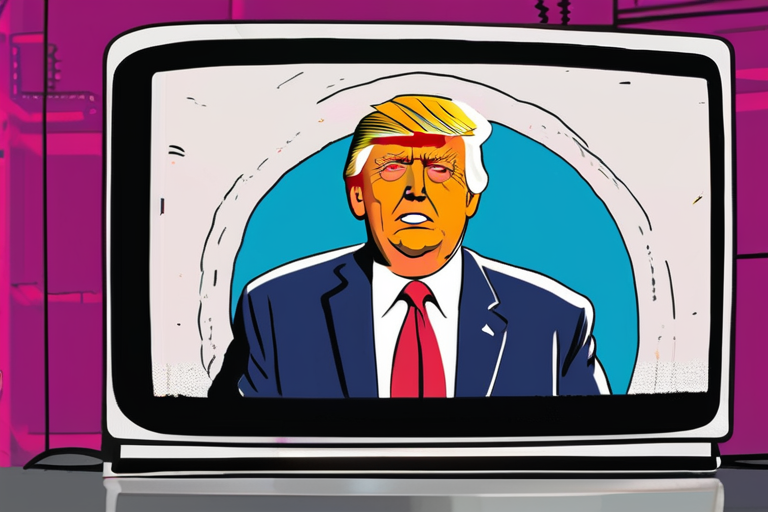

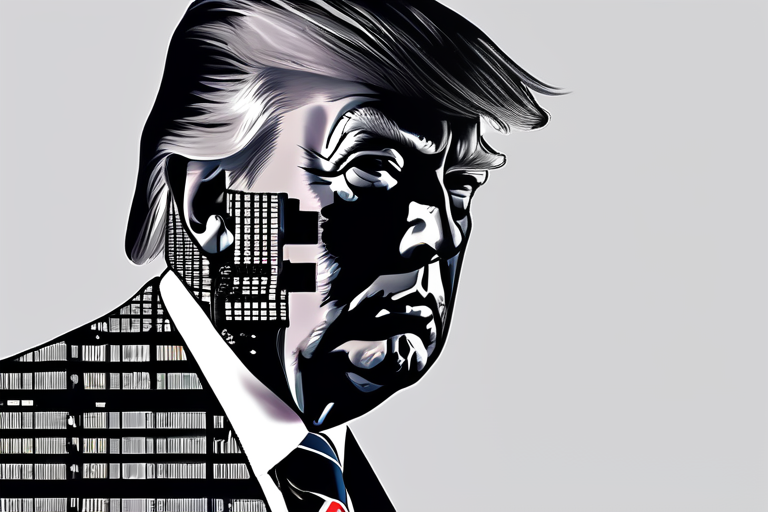
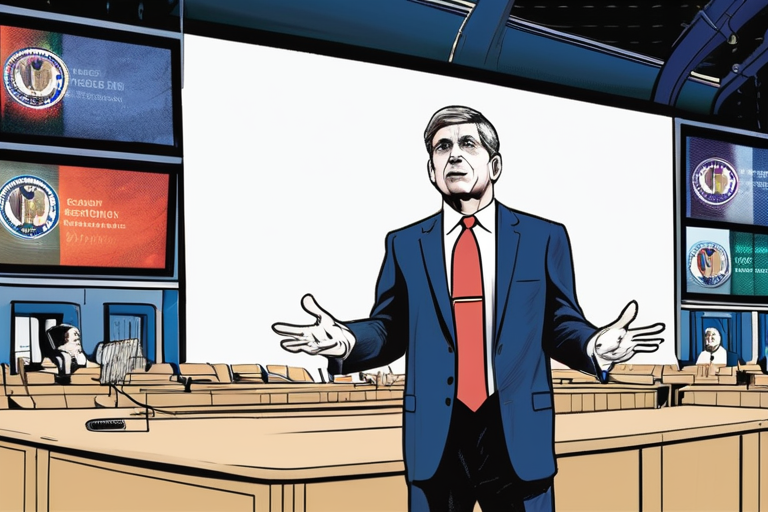

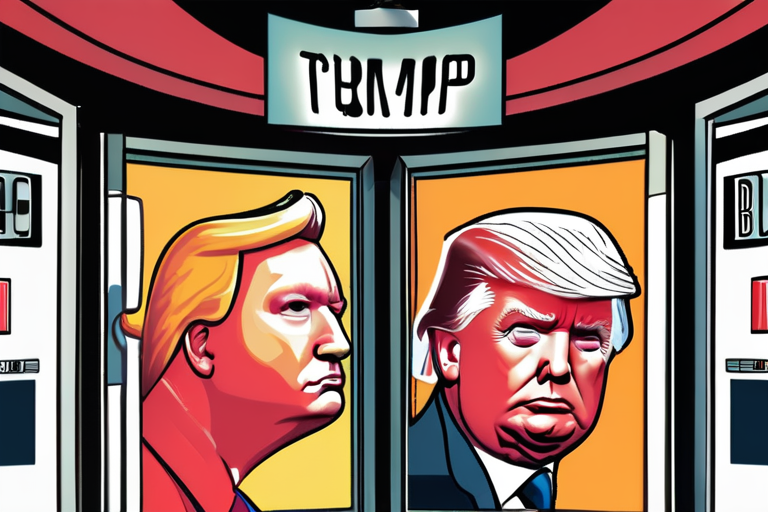
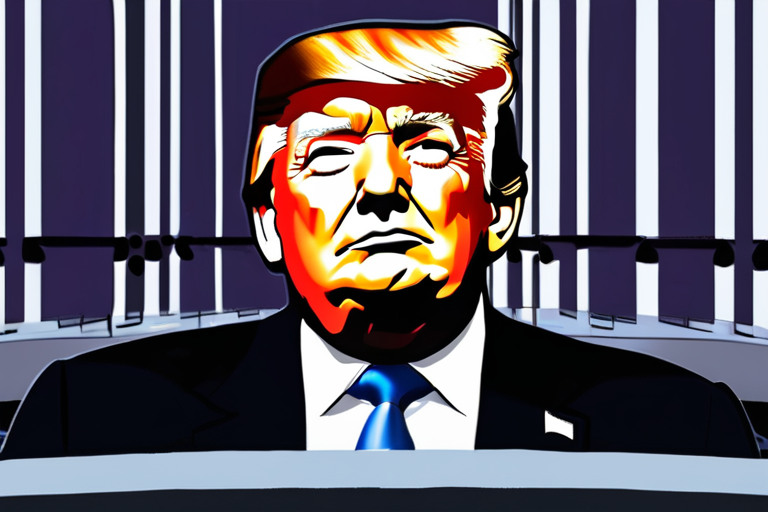


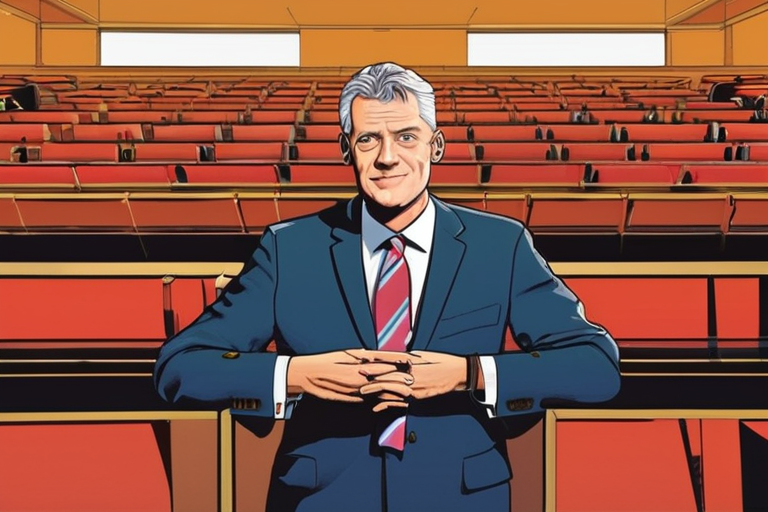
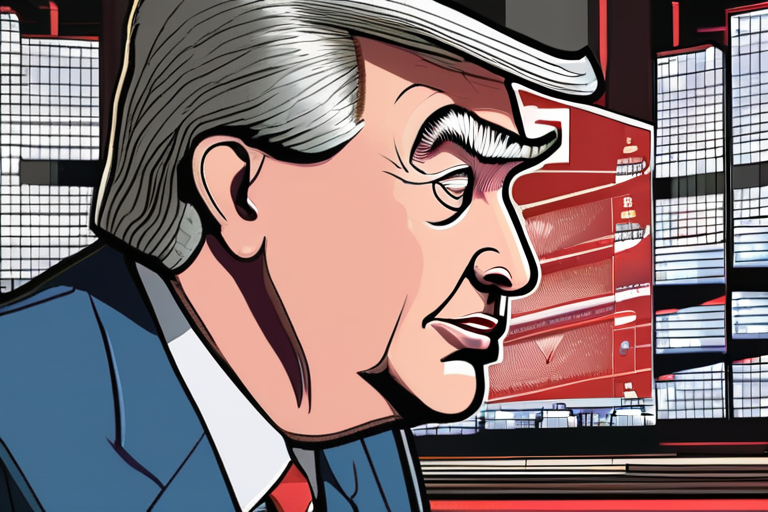
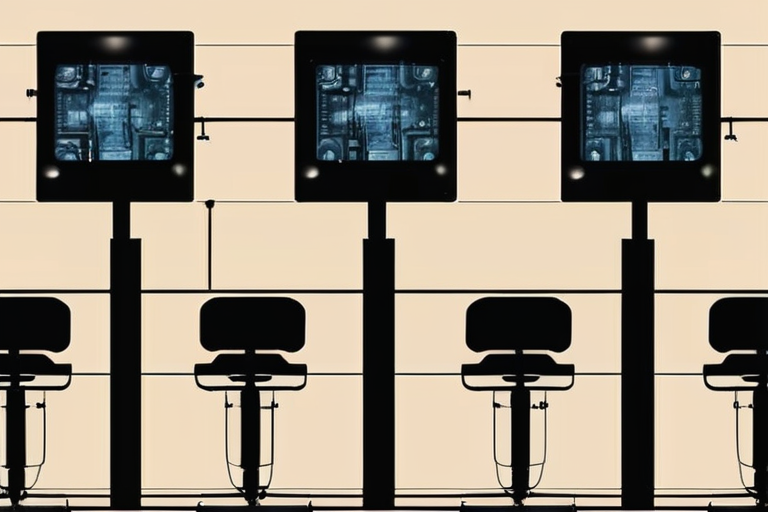
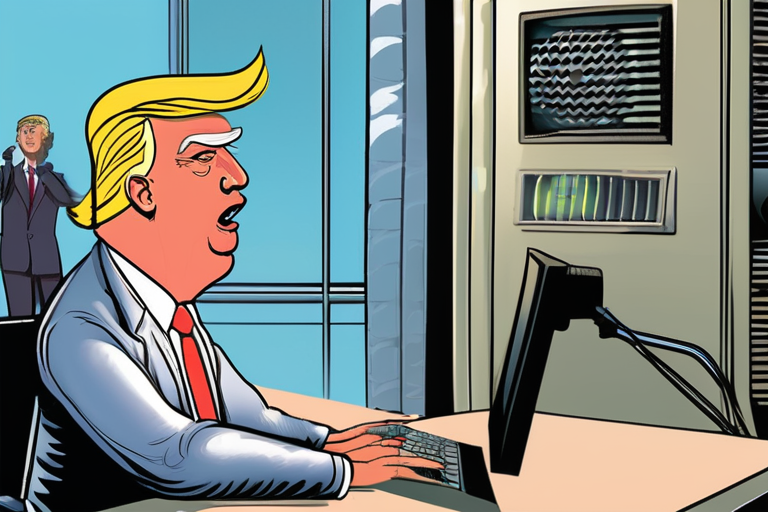

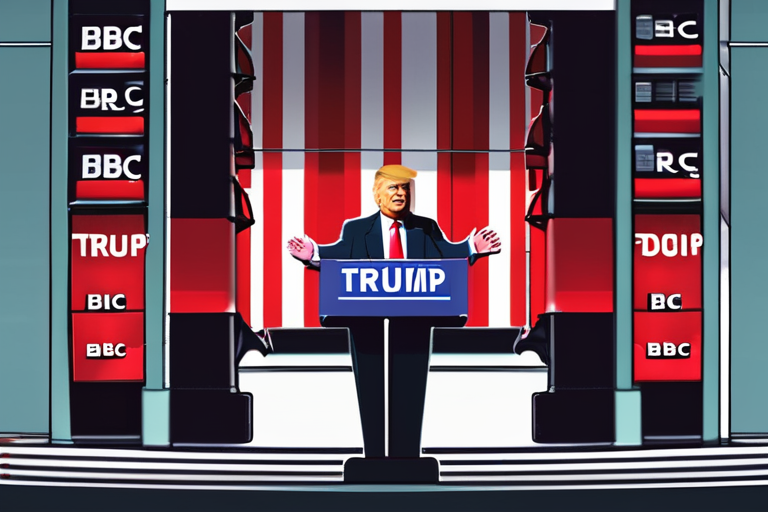
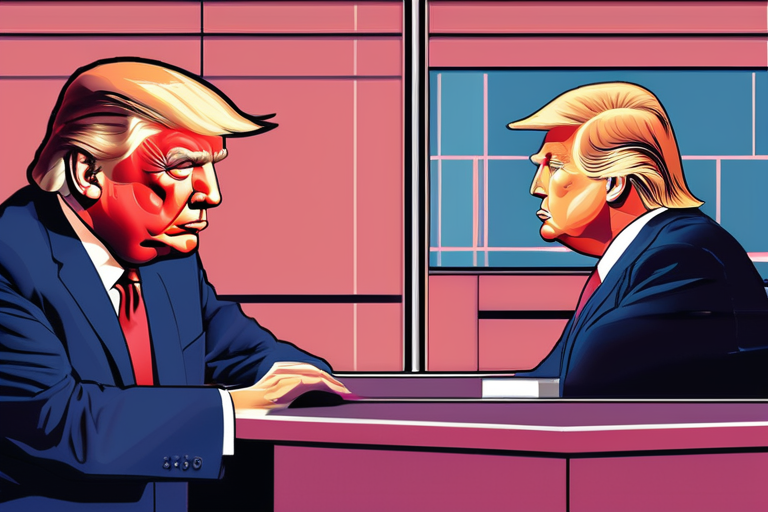
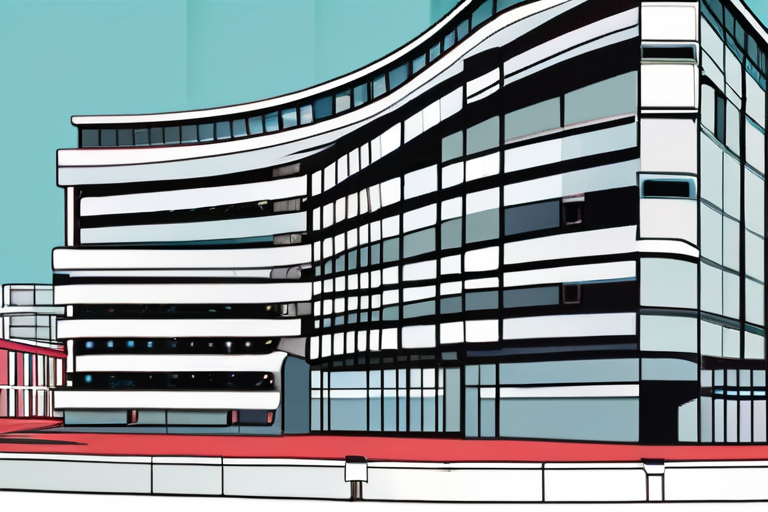
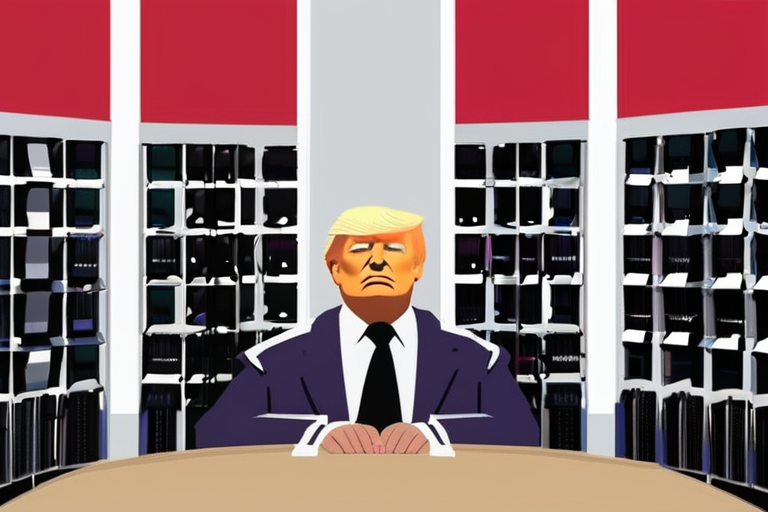

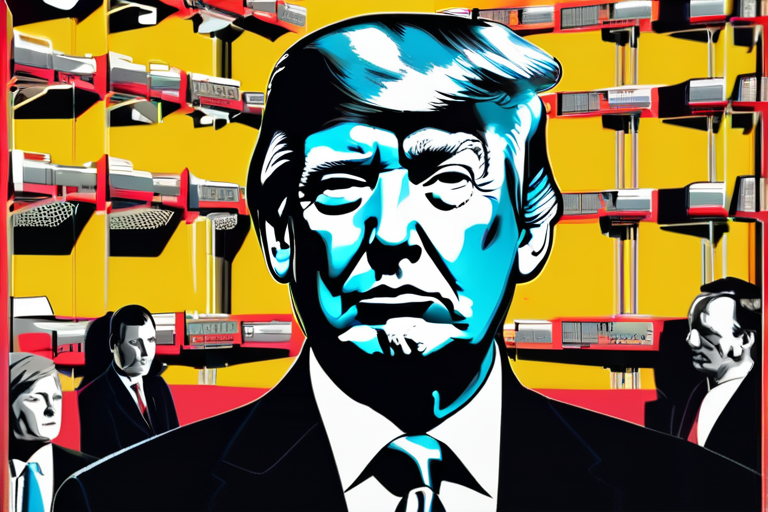
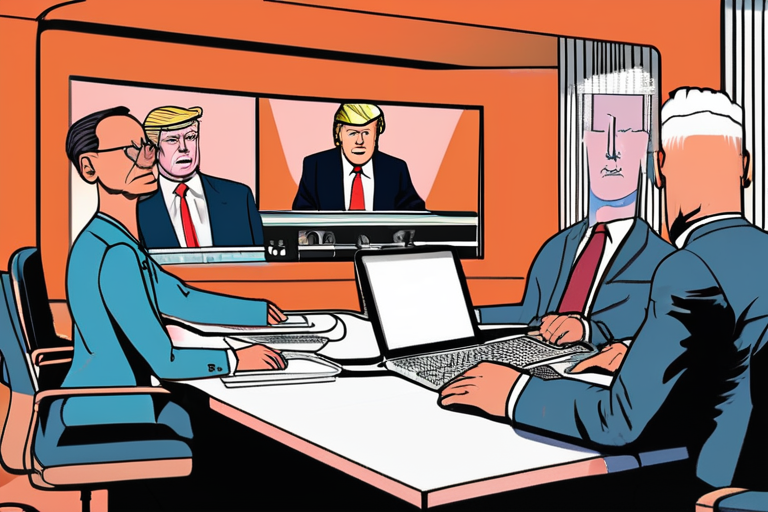

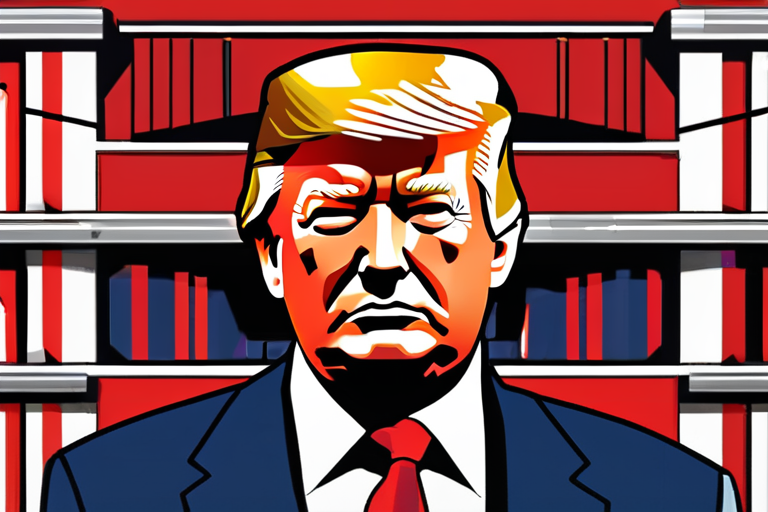
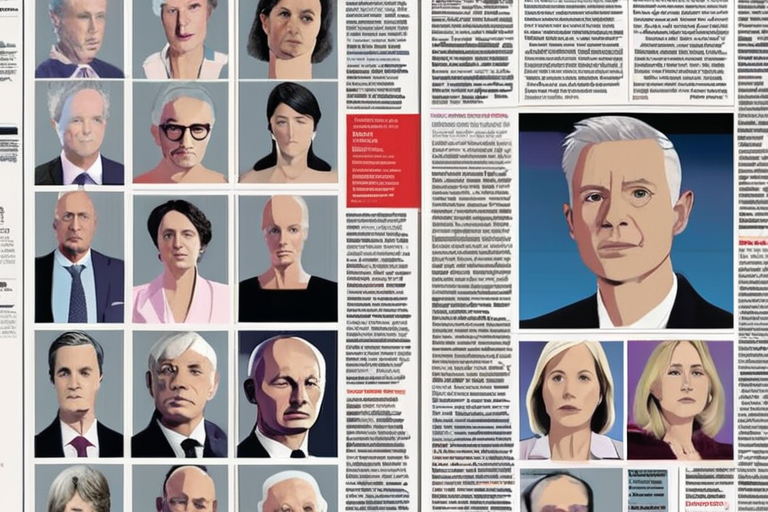
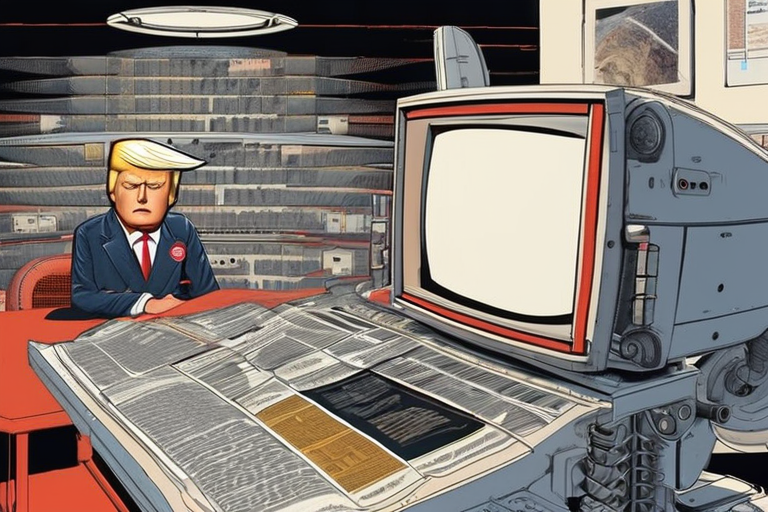
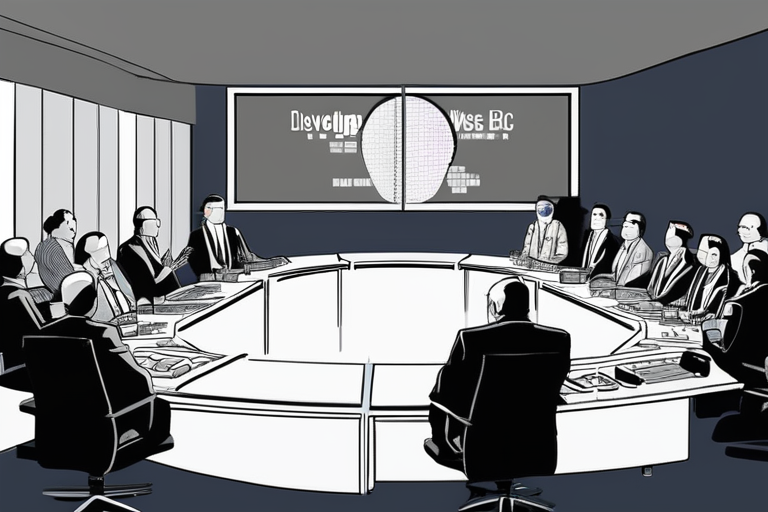
Share & Engage Share
Share this article